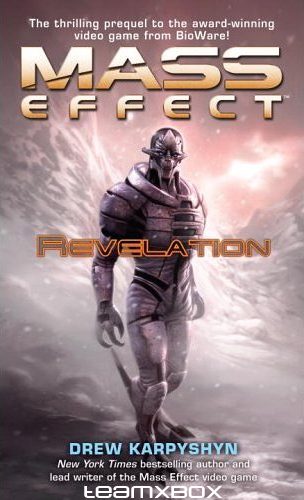How To Make Money in Videogames Without Really Trying
By Oncomouse 23 Comments
There's been a lot bubs being hubbed lately about used video games and how they potentially hurt the industry. It's an interesting topic for a number of reasons. First of all, games are pretty damn expensive. It's difficult to think of a more expensive hobby that doesn't involves making tiny lines on mirrors or cooking things in spoons. That cost drives players to towards alternate methods of buying games other than plunking down $60 at Best Buy.
Some players will outright pirate games. This is easier to do on the PC but there are mod chips or other accessories out there for pretty much all the consoles and handhelds. I'd never go that route but I do buy mostly used games. Some in the industry would argue I'm just as big a part of the problem. I try to avoid Gamestop and it's parasitic, exploitative brethren. But eBay/Half.com and services like Goozex keep most of the money in the hands of the players instead of lining corporate pockets. But that money still doesn't filter back to the studios. I buy used because I can't afford to buy new. I love video games and play a lot of them. I wouldn't be able to do that at full retail price. But I'm hurting the industry I love by buying at prices I can handle.
This is important because games have a weird business model. These multi-million dollar productions get one shot to make their money back and typically have a shorter lifespan than a mayfly. Most media industries don't work like this; they double or triple dip -- sometimes more. Books come out first in hardcover because the publishers can charge more for a nice edition. Big fans will buy that book new even though they're getting gouged to get it right away and in a nice edition. Later, that same book will come out in a mass market paperback for a fraction of the price. If you're willing to wait, you can save a lot of scratch. I know the consoles all have variations on the greatest hits lines availaible at discount but those are only games that have already been successful.
Film has a similar model. If you're a big fan or movie buff you'll pay a premium to see a movie the way it was intended, on a giant screen with a kick ass sound system and overpriced concessions. But then there's that secondary market of home video plus a whole hell of a lot of other ways to option those rights.
Video games need a similar secondary market controlled by the publishers and studios to keep money coming in... and i think it's already there.
The $60 disc should still be the equivalent of the hardcover book or theatrical release. It's the nice, if a little pricey version for hardcore fans and enthusiasts. It'll only be available for alimited time at a premium price. Then get the damn things off the shelf, Disney vault style. From then on, maybe six month to a year later, always make a version available as a cheap digital download. Make services like Steam or Miicrosoft's Games on Demand a defacto, default option. There's little reason to not put every game on a digital distribution service eventually. PC games are mostly there but consoles (at least next gen) should follow suit.
There aren't any storage or production costs for digital distribution outside of hard drive space and a little bandwidth. If Nintendo can charge $10 for old N64 games on the Virtual Console, surely Sony and Microsoft could keep a larger back catalog of $15 oldie goldies and overlooked gems. These could be the paperbacks of the videogame world. If I'm really looking forward to a game, I'll buy it knew and get a nice physical thing to put on my shelf. Otherwise, I'm ok waiting for a cheaper digital version or taking a chance on something that may have slipped under my radar the first time.
This way, publishers could undercut and bypass the used market, maintain a better back catalog like a music or book store, and keep money flowing into developers pockets where it belongs. They're so close already but they need to go full bore with this. I don't want physical products to go away anytime soon but I'd like to think of them more like vinyl records - great for collectors and true fans but secondary to cheaper, more accessible and more convenient digital downloads.
What about you guys? Do you buy used games? From where? How do you feel that impacts the industry?


Log in to comment